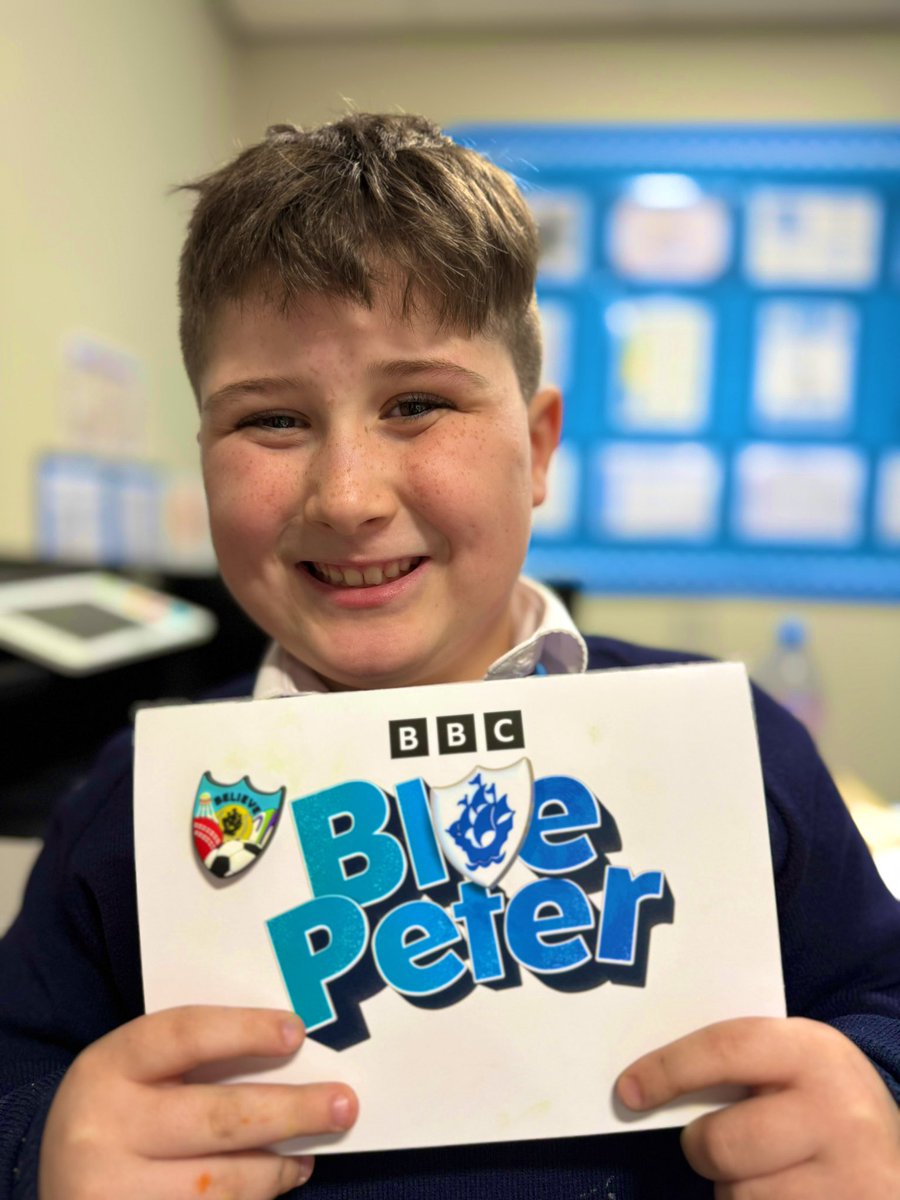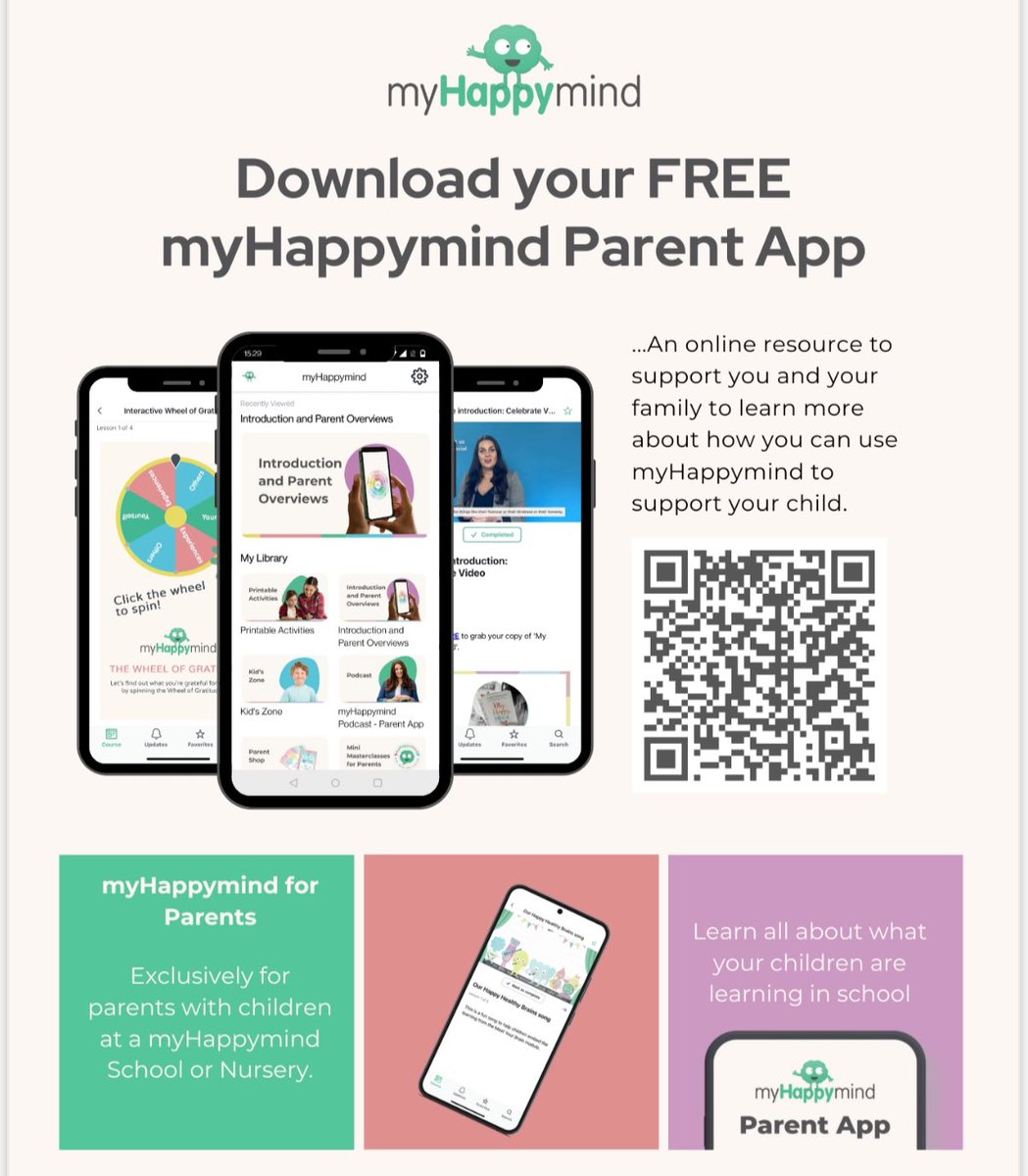English
Harris Primary Academy Shortlands has a specialism in literacy. We chose literacy because we believe that learning to read, write and communicate effectively underpins all learning. Reading is taught through traditional phonics and children are encouraged to read for pleasure and take books home.
Phonics
Phonics is the method used in most primary schools to teach children to read. It teaches children the 44 sounds used in the English language and then the letter or letters which make those sounds. Children are taught to apply this knowledge for both reading and spelling words. In Reception, children have daily teaching sessions for phonics and this continues into Key Stage 1.
Reading
As well as taking part in daily phonics sessions, children are given opportunities to read every day either with an adult or independently. Children also have stories read to them frequently in class and books are often the basis for an entire unit of work.
Reading books are sent home with the children at a level which matches their phonic understanding so they can continue practising at home. They are also allowed to take home other books to read with an adult as this helps develop a love of reading as well as improving their understanding and comprehension. Research has shown the significant positive impact that reading at home can have on children’s ability and understanding so we encourage families to read with their children on a daily basis.
Writing
Children are taught spelling, handwriting and writing for purpose. Some of this is delivered as part of the daily phonics sessions and also as part of the focused and independent learning activities.
We use a cursive handwriting script which teaches children the correct letter formations and also the different families of letter joins.
In Reception, children are given opportunities to write for different purposes e.g. shopping lists, instructions, stories and captions. Writing is encouraged in a range of contexts in order to engage all children.




















